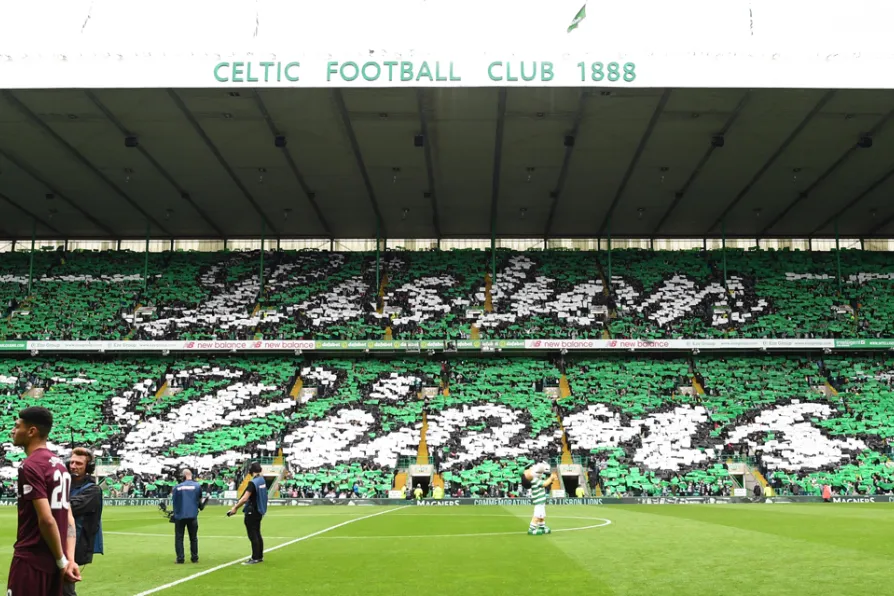

CELTIC’S Lisbon Lions were more than football heroes, they were working-class heroes, a group of young men from the West of Scotland who succeeded in transcending the limitations of their working-class roots without ever seeking to break free of them, dedicated to the cause of bringing joy to their own.
For this was a team imbued with the ethos of service to the very communities that raised them and of which they were a product, proving in the process that art, creativity and culture are not the exclusive preserve of the middle class.
From manager Jock Stein all the way through a roll call of now legendary names — Ronnie Simpson, Jim Craig, Tommy Gemmell, Bobby Murdoch, Billy McNeill, John Clark, Jimmy Johnstone, Willie Wallace, Stevie Chalmers, Bertie Auld and Bobby Lennox — the Celtic team that emerged from the tunnel on that sun-soaked day at the Estadio Nacional in Lisbon with their pale faces and lopsided features, a study in contrast to the tanned and tall and impressive Italians of Inter Milan, who’d won the European Cup twice in the previous three years, achieved the unthinkable.

In recently published book Baddest Man, Mark Kriegel revisits the Faustian pact at the heart of Mike Tyson’s rise and the emotional fallout that followed, writes JOHN WIGHT

As we mark the anniversaries of the Hiroshima and Nagasaki bombings, JOHN WIGHT reflects on the enormity of the US decision to drop the atom bombs

From humble beginnings to becoming the undisputed super lightweight champion of the world, Josh Taylor’s career was marked by fire, ferocity, and national pride, writes JOHN WIGHT

Mary Kom’s fists made history in the boxing world. Malak Mesleh’s never got the chance. One story ends in glory, the other in grief — but both highlight the defiance of women who dare to fight, writes JOHN WIGHT














